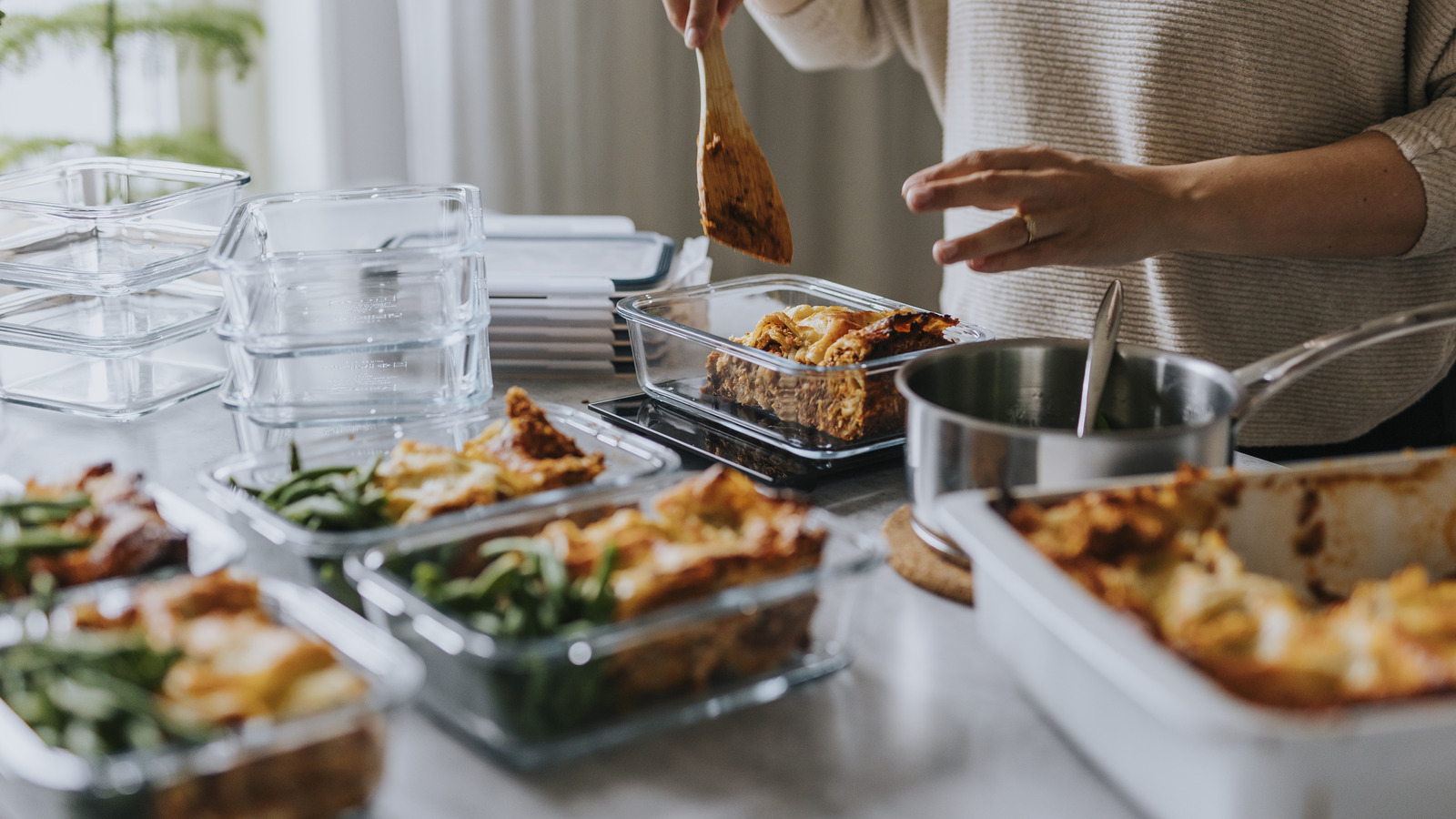Meal prepping is a lifesaver during any hectic week, though not without its share of errors to avoid especially for beginners. This article offers helpful advice from food and lifestyle blogger, Jessie-Sierra Ross, on avoiding common meal prep mistakes and how you can avoid them.
One of the primary mistakes Ross emphasizes on is the lack of proper planning. Prioritizing a range of recipes that are easy, nutritious, and well-balanced in flavor is key. It’s also important to make use of wholesome ingredients and less of processed foods for a healthier approach. The more detailed your plan, the more likely you’ll carry out your meal prepping routine. Added to this, planning aids in drawing up an effective grocery list which can minimize your time at the store.
You must not go overboard with meals while creating your plan. Ross advises to prioritize quality over quantity when planning dinners for the entire week. A balanced and scrumptious meal prep suggestion by Ross is grilled salmon over fragrant basmati rice with root vegetables. The beauty of such an idea is built in its customize-ability. You can simply switch up the grilled salmon with grilled chicken, swap basmati for brown rice or select a different group of veggies to add variety.
Moreover, Ross further elucidates that the right kind of meals to prepare ahead should be filling, bursting with flavor, and capable of retaining their freshness and taste after being refrigerated for a few days. Soups loaded with vegetables, stews, hearty salads, and grain bowls with a variety of grilled proteins and vegetables could be excellent choices for meal preparation.
If you’re in need of some motivation, consider making a vegetable-rich soup or a simple beef stew. You can also try making a bowl of ancient grains or a spiced chickpea Greek salad. If you want to make the meals more filling, you can add in a protein such as chicken.
For salads and bowls, one critical factor to remember is to separate the dressing or sauce until you’re ready to consume the meal. Ross points out that a salad with wilted leaves or a soggy sandwich unfortunately prepared in advance is fairly unappetising. As the texture is an integral aspect of our eating experience, keeping sauces and dressings separately until we’re ready to sit down for the meal is advised. A simple solution to this issue is to store the dressing separately from the prepped salad. Even if the dressing is homemade, it can still be prepped in advance and stored in a separate sealed jar.
This advice applies to soups with noodles as well, Ross mentions. Keeping the cooked noodles separate until you’re ready to eat will prevent them from absorbing excess liquid. These should be stored in different containers and can be combined either before or after you reheat them — both microwave and stovetop reheating methods work well.
By adopting these changes into your routine, not only can you avoid pitfalls of meal prepping but make it a more enjoyable process. Approaching your meal prep with a well-thought-out strategy can indeed make your week considerably less stressful, contributing to consistent healthy eating habits.



